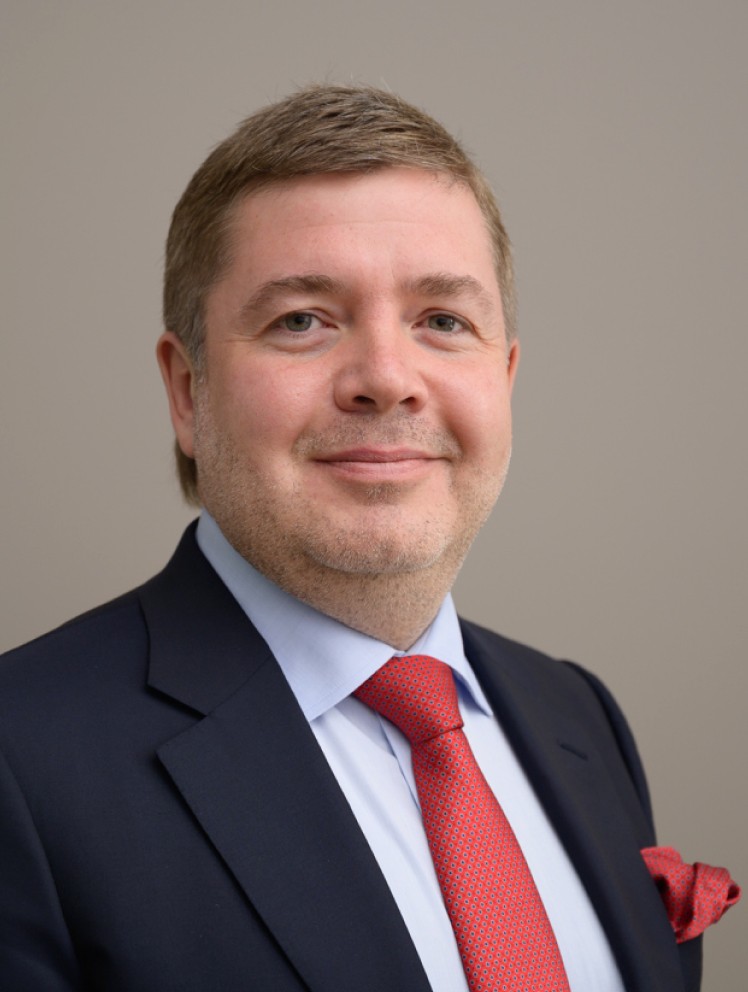Dmitry Magonya commented on the prospects for implementing the North Stream-2 gas transportation project
The chairman of the Council of Europe, Polish Prime Minister Donald Tusk, has criticized Gazprom’s Nord Stream 2 gas project, Reuters reported. According to him, it does not conform to the EU to diversify requirements for gas imports and undermines Ukraine’s transit role. Tusk said that the European Commission analyzed the project for compliance with EU norms. A representative of Nord Stream 2 retorted that his firm aims to supply natural gas to the single internal market of the EU and meets the EU’s policy on the construction of an interconnected, liquid, and flexible gas market, without national borders. His colleagues from Gazprom and the European Commission did not answer inquires from Vedomosti.
Nord Stream 2, a pipeline with a capacity of 55 billion cubic meters of gas per year, is to run under the Baltic Sea. Gazprom (50 percent of the investment), BASF, E.On, Engie, OMV, and Shell (each with 10 percent of the investment) own the project, which has a value of US 11 billion. In 2010, Nord Stream AG launched the first Nord Stream, with the same capacity. Gazprom owned 51 percent of the firm, both E.On and Wintershall had 15.5 percent each, while Engie and Gasunie remaining 9 percent each.
Ten EU countries, including Poland, Slovakia, and Italy, are against the new project. Ukraine stated that it will lose US 2.2 billion in transit fees. Germany supports the project.
Gazprom and its partners recognize that the Third Energy Package does not restrict the implementation of Nord Stream 2 since the gas supplier and the pipe operator are different companies, according to the managing partner of the law firm of Art de Lex, Dmitry Magonya.
According to Anastasia Astashkevich, the head of the international legal practice Chaadaev, Heifetz and Partners, the main factors that can prompt the European Commission to reach a negative decision, regarding the Nord Stream 2, are such matters as pricing and priority use of the pipeline. The director of East European Gas Analysis, Mikhail Korchemkin, remarked that Gazprom may circumvent the rules of the Third Energy Package if it refuses to deliver gas as close as possible to the end consumer and agrees to sell fuel at the border of the EU. “Of course,” Korchemin noted, “it would be necessary to agree on a revision of the existing contracts.”
